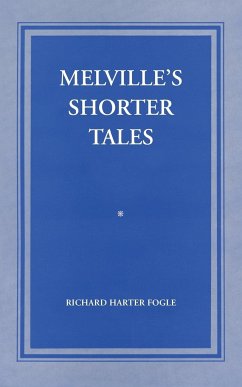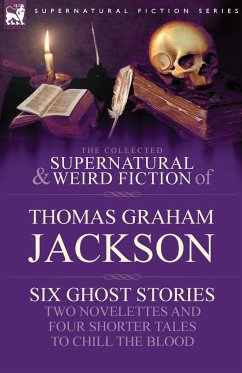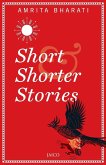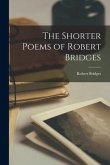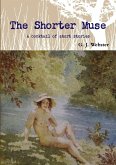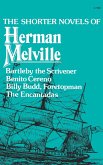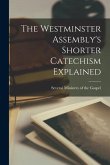Although the shadow of the great white whale, Moby Dick, looms perpetually large in nineteenth-century literature, Herman Melville's shorter tales have often been slighted by critics and readers alike. Those lesser shapes of the San Dominick, Bannadonna's bell tower, and the great Rock Rodondo of the Enchanted Islands have been seen only dimly through mists of neglect. Richard Harter Fogle provides an accurate and rounded discussion of these relatively neglected Melville stories. His approach is broadly literary-expounding Melville's ideas as they exist in the context of the stories themselves and illuminating their connections with Melville's total work. The quality of the tales is uneven: they vary from "Benito Cereno," "Bartleby," and "The Encantadas," which are recognized as world masterpieces, to imperfect sketches like "The Lightning-Rod Man" and "The Happy Failure." Yet all are serious investigations of meaning, informed by Melville's brooding and contemplative intelligence. Avoiding psychoanalytic and "mythical" criticism, Fogle develops a genuine concern for Melville's own broad and nontechnical ethic, psychology, and metaphysic as woven into the fabric of his fiction. Melville is always, Fogle says, the seeker of knowledge "pitted against a finally inscrutable reality." Perhaps borrowing from the courage of his subject, Fogle approaches Melville's mysterious and perplexing world with confidence in his essential greatness-as an author and a man. Richard Harter Fogle, a Melville scholar, was professor of English at Tulane University and the University of North Carolina, Chapel Hill. He was the author of Hawthorne's Fiction: The Light and the Dark and The Imagery of Keats: Selected Poetry and Letters.
Hinweis: Dieser Artikel kann nur an eine deutsche Lieferadresse ausgeliefert werden.
Hinweis: Dieser Artikel kann nur an eine deutsche Lieferadresse ausgeliefert werden.

